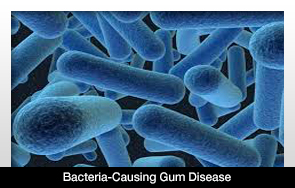 |
A study done by Amar Patel, DDS, and his colleagues at the University of Maryland Dental school claim that zinc, which is an ingredient in many dental products, may be hazardous. The study appears in the March/April issue of the journal of General Dentistry.
Zinc is good for the body when the body is exposed to it in small doses, however, too much is potentially toxic. Some patients could have neurological problems from zinc exposure, and others could experience nausea, a stomachache or mouth irritation.
This research came to the forefront because there is now a plethora of information available regarding zinc’s impact on dentistry. Dental patients may come into contact with zinc from mouthwash, specific restorative materials, toothpaste, denture adhesives, etc.
The zinc required for dentures may cause some patients to choose implants instead, even though implants are generally more expensive.
Too much zinc in the body may cause copper insufficiency because the two metals would be fighting in one’s body. This would cause problems in the gastrointestinal tract.
Anemia and neutropenia, blood disorders, could be caused by a rise in zinc intake.
Zinc-free adhesives are available on the dental market, but there soon may be an increased demand for them.
Zinc is involved in the correct functioning of the immune system, as well as cell division, growth and death. Zinc is a factor in diabetes. A deficiency of zinc is an issue around the world, while too much intake of zinc is considered rare. Zinc also impacts the pancreatic system.
Now, dentists will have to determine exactly how much zinc impacts the dental world.

|










